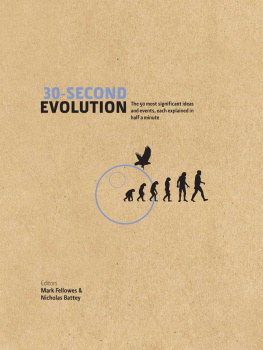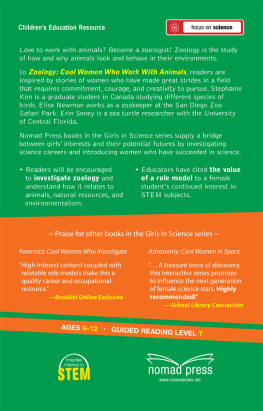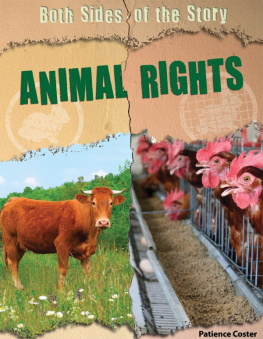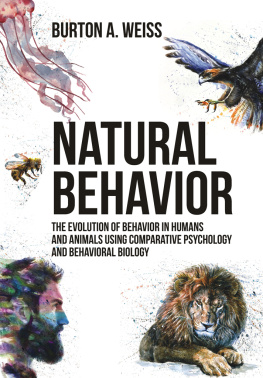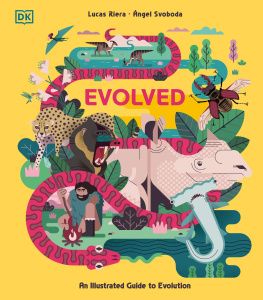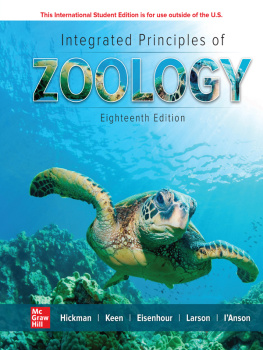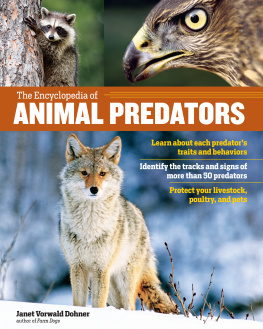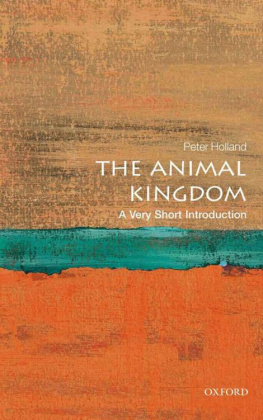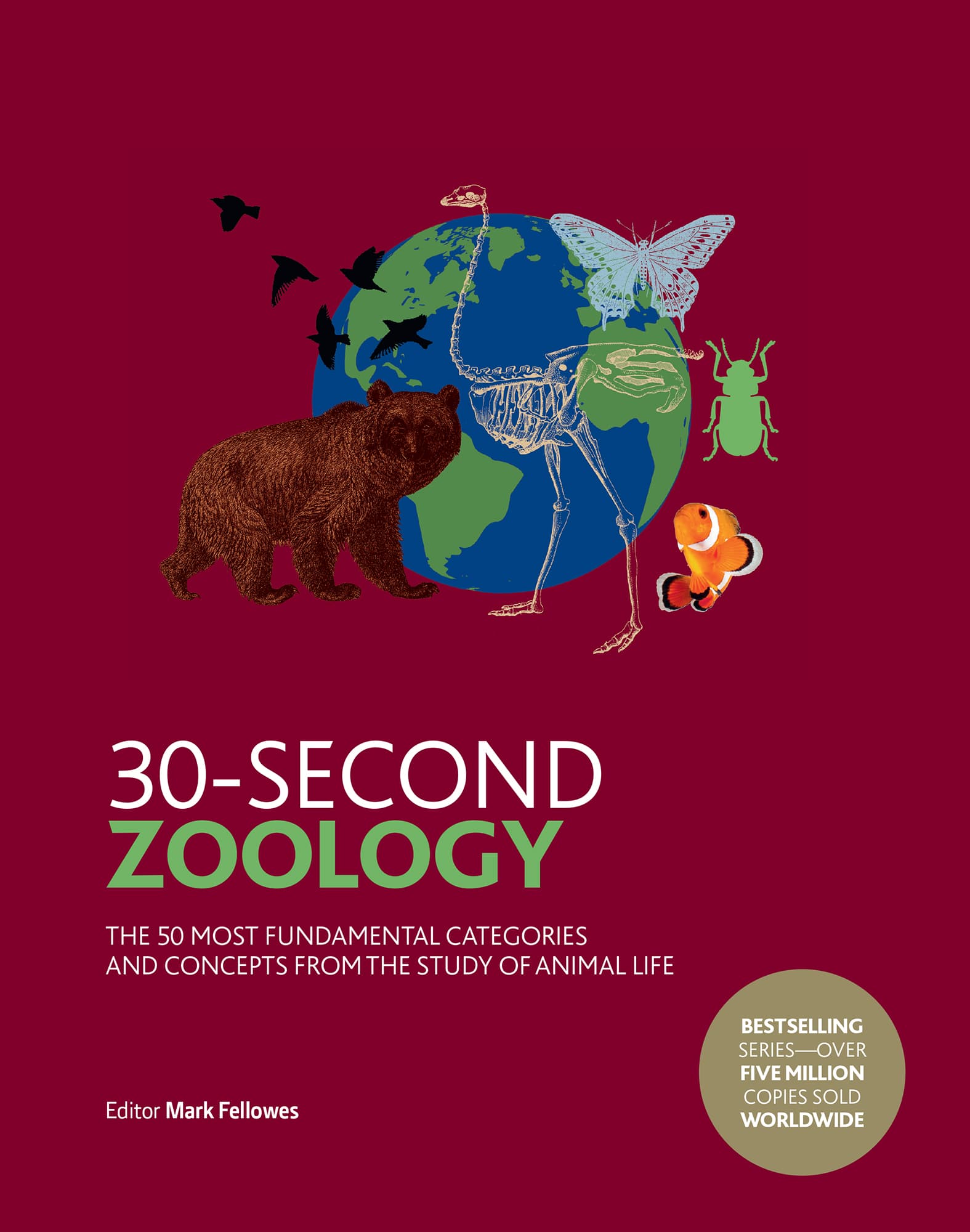30-SECOND
ZOOLOGY
THE 50 MOST FUNDAMENTAL CATEGORIES AND CONCEPTS FROM THE STUDY OF ANIMAL LIFE
Editor
Mark Fellowes
Contributors
James Barnett
Amanda Callaghan
Peter Capainolo
Mark Fellowes
Neil Gostling
Rebecca Thomas
Illustrations
Nicky Ackland-Snow

INTRODUCTION
Mark Fellowes
Zoology, the study of animal life in all its forms and structures, is a subject that has captivated people for millennia. In part, this is for simple, practical reasons: animals are a source of food and materials, and some of those we have domesticated also provide us with their labour and companionship. Of course, other, wild, animals can also threaten us with physical harm and disease. But animals are much more than this; they are an innate part of our own species psyche. In parts of France you can see cave paintings executed over 15,000 years ago that depict species such as horses, bison and ibex in such detail that even today they can be readily identified. But this is not something unusual; everywhere across the world where we find ancient art we see representations of animals, and this desire to identify with other species remains a part of our culture.
The science of zoology has a long history, but we can think of it as having two phases: what happened before Darwin and the exponential growth in knowledge that occurred after him. The earliest surviving systematic studies of animals were by the Greek philosopher Aristotle (384 BCE322 BCE). While living on the island of Lesbos he studied the diversity of animal life around him, and he introduced key ideas that influenced thinkers for many centuries, what we now think of as metabolism, temperature regulation, sensation processing, embryonic development and inheritance.
It was not until the Renaissance that Aristotles work was truly built upon, with a renewed focus on the importance of empirical observations in drawing conclusions about the natural world. This flowered after the publication of Conrad Gessners Historia Animalium in the 1550s, which was the first attempt to describe all known animal species. The number of people studying animals grew, and taxonomists, such as Carl Linnaeus (170778), attempted to bring coherence to our understanding of the diversity of life, and great natural historians, among them John James Audubon (17851851), signicantly expanded our knowledge of the animal kingdom as they explored the world.

But it is the naturalist Charles Darwin (180981) who truly changed zoology, just as he changed biology and beyond. In On the Origin of Species (1859), he showed not only that species were not unchanging but, more importantly, he provided a mechanism that explained how that change could occur though natural (and later sexual) selection. Zoologys explanations for many of the wondrous forms and behaviours of animals are based on his insights, and the great explosion in zoological knowledge that followed Darwin truly placed our species history as being one among the animals rather than being somehow separate from the rest of nature.
Zoology is not an arcane science; it is highly accessible, and an understanding of zoology is central to our future. Zoologists apply themselves to some of the most important challenges facing society today: they study diseases that kill millions, such as malaria; they investigate how to control crop pests, such as locusts, that can devastate the poorest parts of the world; they help us to develop ways to use resources, for example fisheries, sustainably; they develop ecotourism projects to protect the last remaining great apes. But zoologists also ask questions about the world and our place in it. Why is biodiversity highest in the tropics? How do birds migrate with precision halfway around the world? Why are some groups so rich in species, whereas others only have one or two? Why do some animals use tools and others do not? The former approach addresses urgent threats, while the latter satisfies our innate curiosity.

In this book we have focused on what we consider to be the 50 most important concepts in zoology. Our aim is to we show just how broad, fascinating and relevant the subject is as a science for the world today. We start by considering the Origin & Evolution of animals, explaining how the exuberant diversity of animal life came into being and how an understanding of this helps explain some strange observations we see in isolated islands. In the following two chapters we review the best known of the major animal groups, The Invertebrates and The Vertebrates. Then, in we review key concepts in Behaviour, that remarkable ability animals have to respond to changes in their environments and to each other to enhance their chances of surviving and reproducing. In the penultimate chapter we consider Ecology, the science of how animals interact with each other and their environments, determining their abundance and distributions. It is only through an understanding of animal ecology that we can hope to mitigate the challenges faced by animals in coming decades, and this is the topic of our final chapter, Conservation & Extinction. Many zoologists would agree that we are living through one of the greatest mass extinctions seen in the history of the Earth, and there is little controversy over the realization that the activities of humankind are the root cause. We over-exploit and under-protect the great diversity of life on our planet, and if we are to have any hope of protecting the most awe-inspiring of species in their natural habitats, then we must act now. It is only by accepting our own complicity in this devastation and then acting to mitigate it that we can hope to ensure that future generations are as astonished by the grandeur of animal life as we have been.
Life is truly precious. Let us resolve together to learn more about these astonishing creatures, to love our environment and the myriad animals it sustains, and to protect what remains for the generations who will follow us.

ORIGIN & EVOLUTION
ORIGIN & EVOLUTION
GLOSSARY
analogous Referring to a characteristic derived by convergent evolution to solve a problem, but not sharing evolutionary history, such as the wings of birds and insects.


